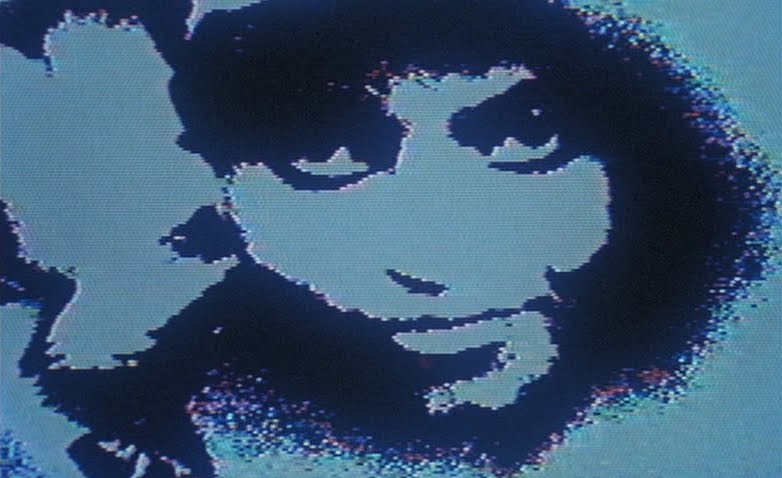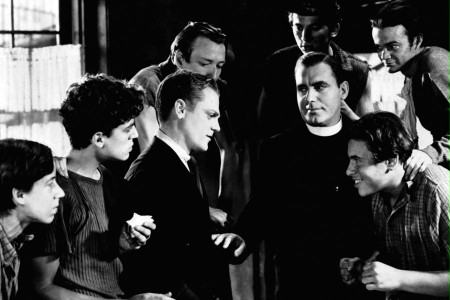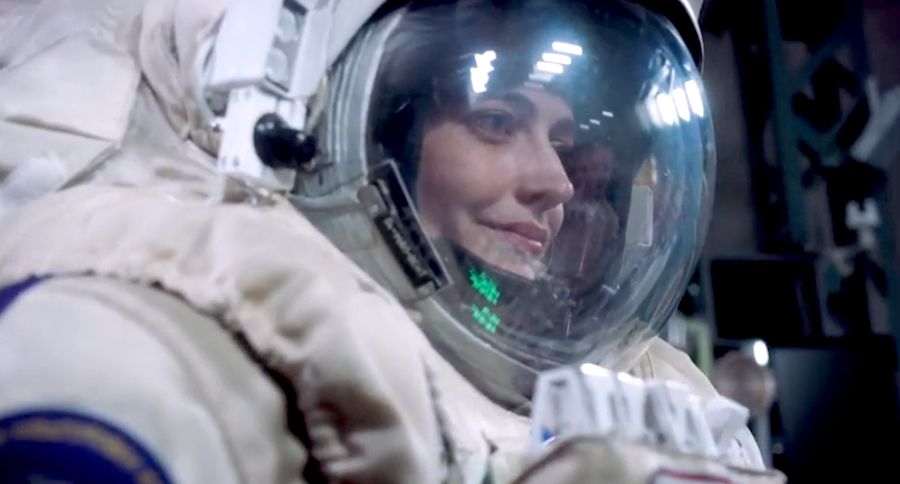
Sans Soleil (1982) Directed by Chris Marker 9C
"Watching Sans soleil is a bit like being exposed to someone else's dream without being allowed to share it; it has the texture of an hallucination, more than anything. But it is a structured hallucination, with a clear emotional journey, albeit one whose content changes, I think, from viewer to viewer and viewing to viewing."—Tim Brayton, Antagony & Ecstasy
Sans Soleil is not an easy movie to explain. The film is a hybrid documentary type of film essay containing images from Tokyo primarily but with side trips to Cape Verde, Guinea-Bissau, and, in a curious digression, San Francisco (for a little film analysis of Hitchcock’s Vertigo—it fits right in, though). Even the notion of authorship is shaky here as Marker has his hands in many pots (direction, script, cinematography, editing, music) but often credited under an alias, Sandor Krasna. While an endless stream unfolds of engrossing, often haunting images, some digitally treated, a female narrator in English reads from a series of letters as Krasna, their author, muses about everything from cat temples in Japan to the poor people of Cape Verde to petrified animals in Guinea-Bissau. Like a good tour guide Marker takes meaningful detours, but it is Tokyo that fascinates him, and seemingly there is nothing about Tokyo that he finds uninteresting. He looks at the city from many picturesque angles, pleasantly and insightfully rambling on about a host of impressions. These letters really do seem like the kind of informed chat one might have with a friend back home—letters that read like literature, that is. But there is something else going on, too, a rumination on the fragility of memory and its function. The narrator recites, “Remembering is not the opposite of forgetting, but rather its lining. We do not remember, we rewrite memory much as history is rewritten.” Time and memory are a bee in Marker's bonnet. What becomes very slippery is the whole notion of memory and its relationship to time, image and word--its relationship to the past. Image and memory are intimately linked, but the linkage is treacherous, especially so when we add language to the equation. One implication: perhaps Marker/Krasna is hinting that we and the people we love don’t really share the same memories at all. Memory is a very lonely business that is ultimately played for an audience of one.
Criterion Channel
Last edited:








